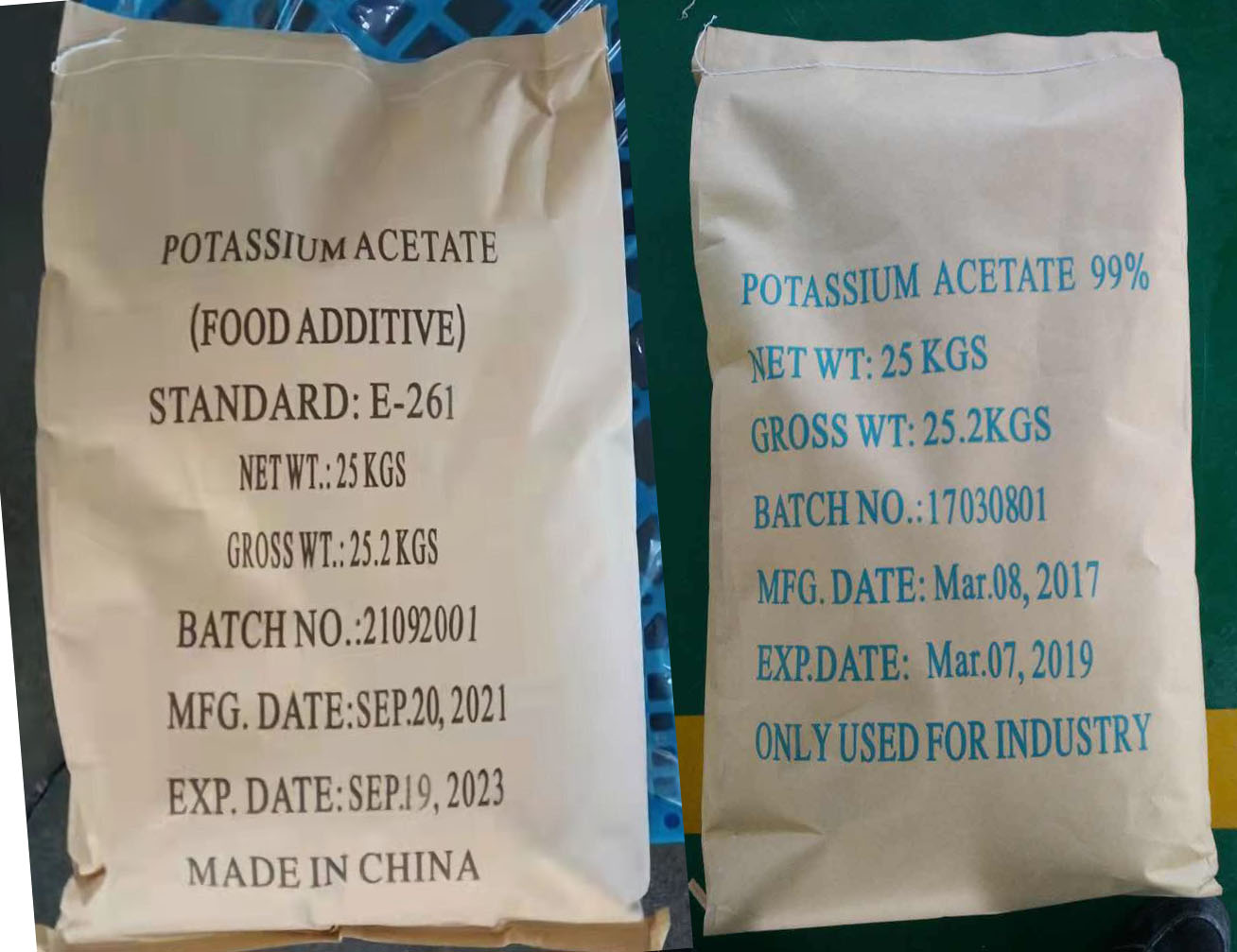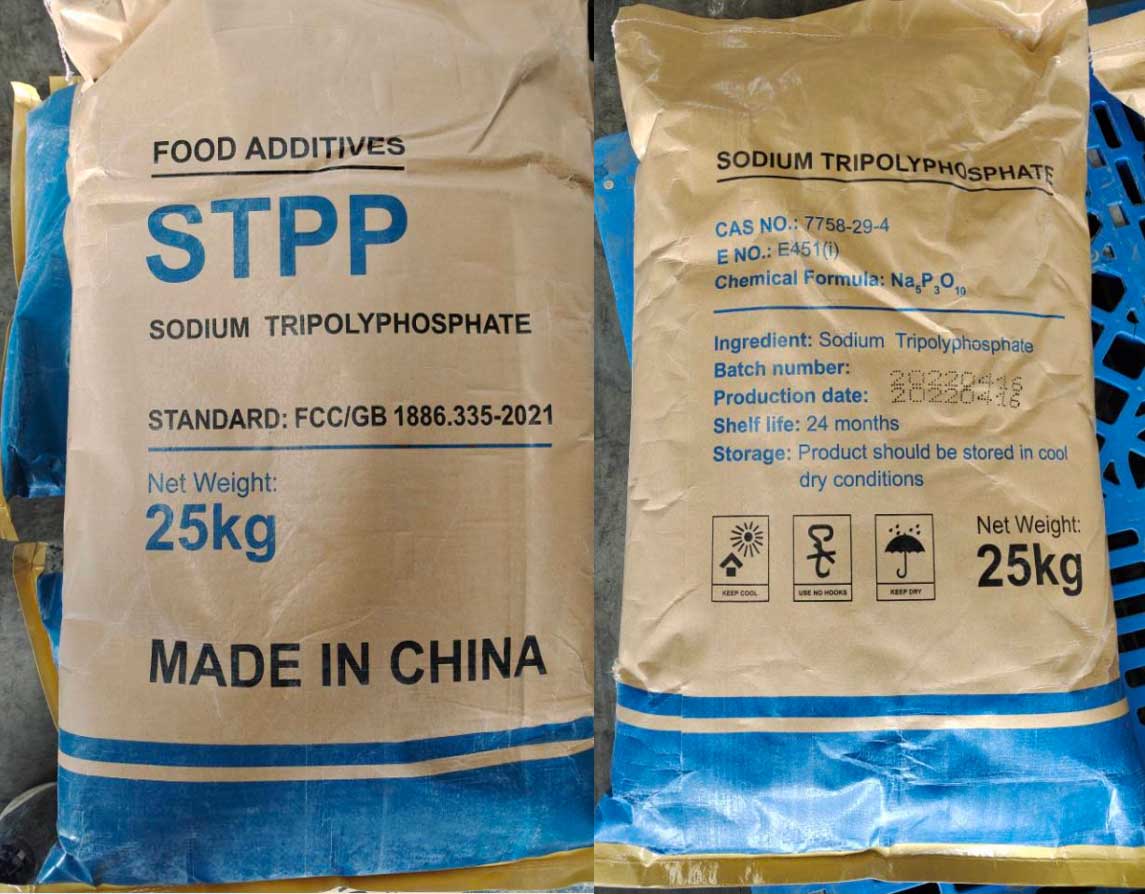Sodium tripolyphosphate (STPP), a versatile food additive, plays a crucial role in the food industry due to its multifaceted properties. STPP is a colorless, odorless, and water-soluble salt that is widely used as an emulsifier, sequestrant, and texturizer. Its ability to chelate metal ions, particularly calcium and magnesium, makes it invaluable in various food processing applications.
One of the primary uses of STPP is as an emulsifier. Emulsifiers are essential in the food industry for stabilizing mixtures of immiscible liquids, such as oil and water. In products like salad dressings, mayonnaise, and ice cream, STPP helps to maintain a smooth and homogeneous texture by preventing the separation of the oil and water phases. This not only enhances the product's appearance but also improves its shelf life and consumer appeal.
Another significant application of STPP is in meat processing. When added to meat products, STPP increases the water-holding capacity of the meat, resulting in a juicier and more tender final product. This is particularly important in processed meats like sausages, hams, and deli meats, where maintaining moisture content is crucial for both texture and flavor. STPP also helps to prevent the formation of off-flavors and off-odors by binding and neutralizing certain metal ions that can contribute to rancidity.
In the production of seafood, STPP is used to improve the quality and shelf life of frozen and canned products. It helps to retain the natural moisture in fish and shellfish, reducing the risk of dehydration and freezer burn. Additionally, STPP can enhance the firmness and texture of seafood, making it more appealing to consumers. This is especially beneficial in the preparation of surimi, a popular ingredient in many Asian dishes, where STPP contributes to the gel-forming properties of the product.
STPP is also used in the baking industry to improve the quality of baked goods. In bread and pastry production, it acts as a dough conditioner, enhancing the elasticity and workability of the dough. This results in better volume, texture, and overall quality of the final product. Furthermore, STPP can help to extend the shelf life of baked goods by slowing down the staling process, which is caused by the retrogradation of starch.
In dairy products, STPP is used to stabilize and homogenize milk and other dairy-based beverages. It helps to prevent the coagulation of proteins and the separation of fats, ensuring a smooth and consistent product. This is particularly important in the production of flavored milk, yogurt, and other dairy drinks, where a stable emulsion is necessary for consumer satisfaction.
The use of STPP in the food industry is regulated by various health and safety standards. In the United States, the Food and Drug Administration (FDA) has approved STPP for use in specific food categories, with established limits to ensure its safe consumption. Similarly, the European Food Safety Authority (EFSA) has set guidelines for the use of STPP in the European Union, taking into account its safety and potential impact on human health.
Despite its numerous benefits, there are concerns about the environmental impact of STPP. As a phosphate compound, it can contribute to eutrophication if released into water bodies in large quantities. To address this, the food industry is exploring alternative, more environmentally friendly additives that can provide similar functionality without the associated environmental risks.
In conclusion, sodium tripolyphosphate (STPP) is a valuable and versatile food additive that enhances the quality, stability, and shelf life of a wide range of food products. Its ability to act as an emulsifier, sequestrant, and texturizer makes it indispensable in the food industry. However, careful regulation and responsible use are necessary to ensure both the safety of consumers and the protection of the environment.
Keywords:
- Sodium Tripolyphosphate (STPP)
- Emulsifier
- Meat Processing
- Seafood Quality
- Baking Industry




